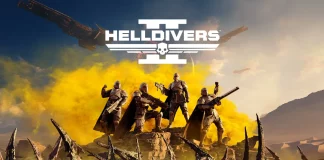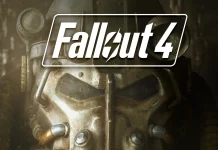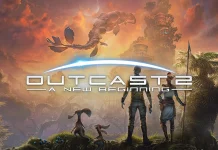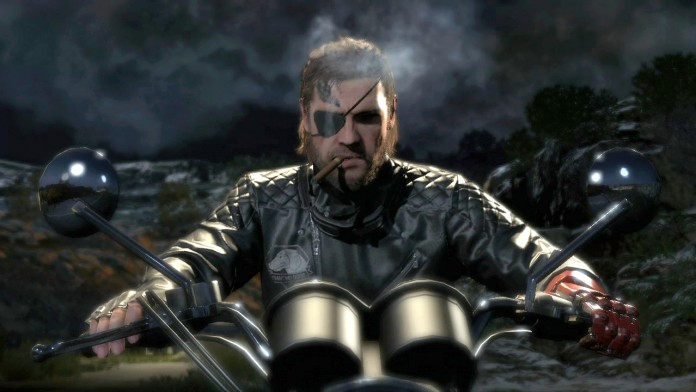
With the announcement of Metal Gear Solid Delta: Snake Eater, a remastered version of the beloved Metal Gear Solid 3: Snake Eater, fans of the series are undoubtedly excited to revisit this classic game with updated graphics and gameplay. This development raises the question: could other games from the Metal Gear Solid franchise, such as the original Metal Gear Solid on PlayStation 1 and Metal Gear Solid 2: Sons of Liberty, receive similar remaster treatments? This article explores the theoretical possibilities and challenges of remastering these iconic games.
The Appeal of Remastered Games
The video game industry has seen a growing trend of remastering and remaking classic games, allowing players to experience their favorite titles with updated graphics, enhanced gameplay, and additional content. This trend has proven to be successful, with many remastered games receiving positive reviews and strong sales.
For the Metal Gear Solid series, the prospect of remastered versions of the original game and Metal Gear Solid 2 is undoubtedly appealing. These games are widely regarded as classics, with their engaging storylines, memorable characters, and innovative gameplay. Remastering these titles would allow new players to experience these iconic games, while also providing long-time fans with an opportunity to revisit them with a fresh perspective.
The Challenges of Remastering Metal Gear Solid and Metal Gear Solid 2
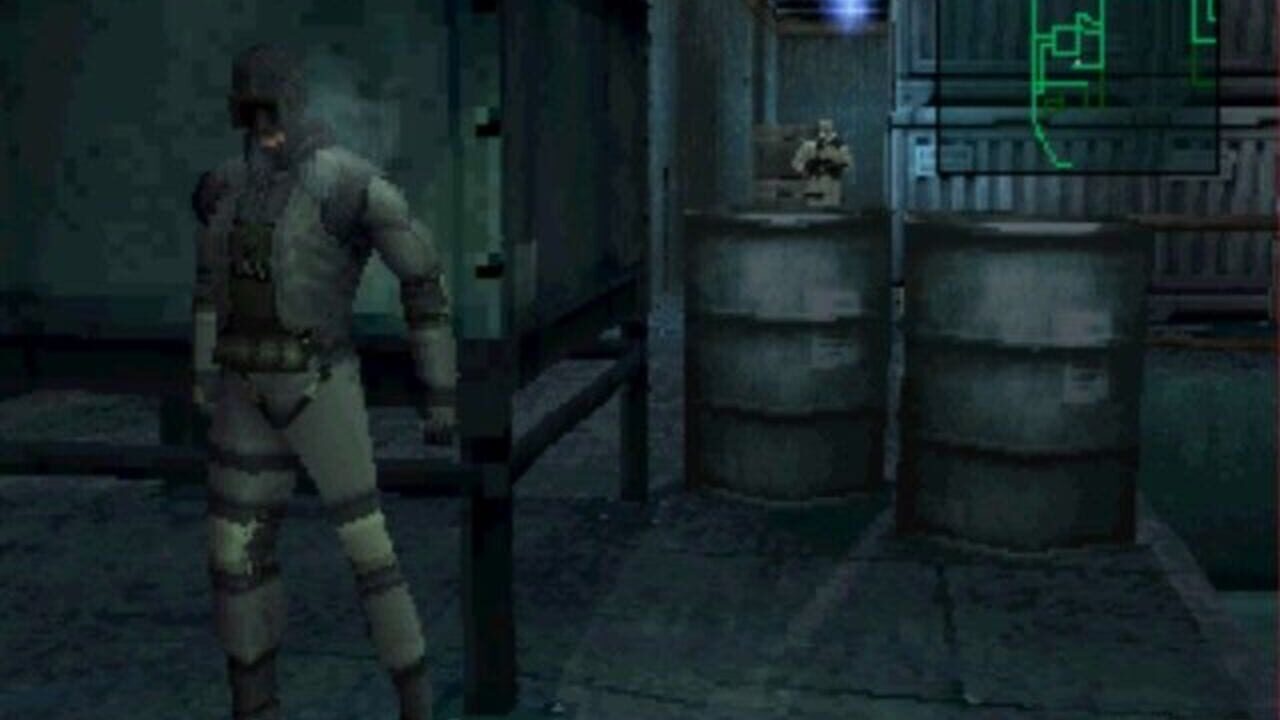
While the idea of remastered versions of the original Metal Gear Solid and Metal Gear Solid 2 is enticing, there are several challenges to consider. One of the primary obstacles is the age of these games. Both titles were released over two decades ago, and their graphics and gameplay mechanics may require significant updates to meet the expectations of modern gamers.
In addition to updated graphics and gameplay, the developers would need to ensure that the remastered games remain faithful to the original experience. This could prove to be a delicate balancing act, as changes to the games’ mechanics or storylines could risk alienating fans of the original titles.
Furthermore, the rights to the Metal Gear Solid franchise are currently held by Konami, following the departure of series creator Hideo Kojima. The relationship between Kojima and Konami has been tumultuous, and it remains unclear whether the company would be willing to invest in remastered versions of these classic games without Kojima’s involvement.
The Potential for Success
Despite these challenges, there is a strong argument to be made for the potential success of remastered versions of the original Metal Gear Solid and Metal Gear Solid 2. The enduring popularity of the series, combined with the success of other remastered games, suggests that there is a market for these updated titles.
Furthermore, the recent release of the Metal Gear Solid HD Collection, which includes updated versions of Metal Gear Solid 2, Metal Gear Solid 3, and Metal Gear Solid: Peace Walker, demonstrates that there is interest in revisiting these classic games with improved graphics and gameplay.
Sales Performance as a Key Factor
Video game companies, like any other business, must consider the financial viability of their projects. The sales performance of a remastered game, such as Metal Gear Solid Delta: Snake Eater, provides valuable data on the potential return on investment for similar projects. If Snake Eater proves to be a commercial success, it could encourage Konami to greenlight Delta remakes for the other games in the series, including MGS1 and MGS2.
Conversely, if Metal Gear Solid Delta: Snake Eater underperforms in terms of sales, it may signal to Konami that the demand for remastered versions of the original games is not as strong as anticipated. This could lead the company to reconsider investing in further Delta remakes, focusing instead on other projects or new entries in the Metal Gear Solid franchise.
The Role of Fan Reception
In addition to sales performance, fan reception of Metal Gear Solid Delta: Snake Eater will also play a significant role in determining the future of potential Delta remakes. If Snake Eater is well-received by fans and critics alike, it could strengthen the case for remastered versions of MGS1 and MGS2. Positive feedback from fans could demonstrate to Konami that there is a strong desire for updated versions of these classic games, further incentivizing the company to pursue additional remaster projects.
On the other hand, if Metal Gear Solid Delta: Snake Eater receives mixed or negative reviews, it may cast doubt on the feasibility of successfully remastering the original games. In this scenario, Konami may decide to focus on other endeavors within the franchise, rather than risk further disappointment with additional Delta remakes.
In conclusion, the sales performance and fan reception of Metal Gear Solid Delta: Snake Eater will likely play a critical role in determining the likelihood of Delta remakes for the original Metal Gear Solid and Metal Gear Solid 2: Sons of Liberty. The success of Snake Eater could pave the way for updated versions of these iconic games, allowing fans to experience them with modern graphics and gameplay enhancements. Ultimately, the fate of potential Delta remakes for MGS1 and MGS2 may rest in the hands of fans and their support for Metal Gear Solid Delta: Snake Eater.












